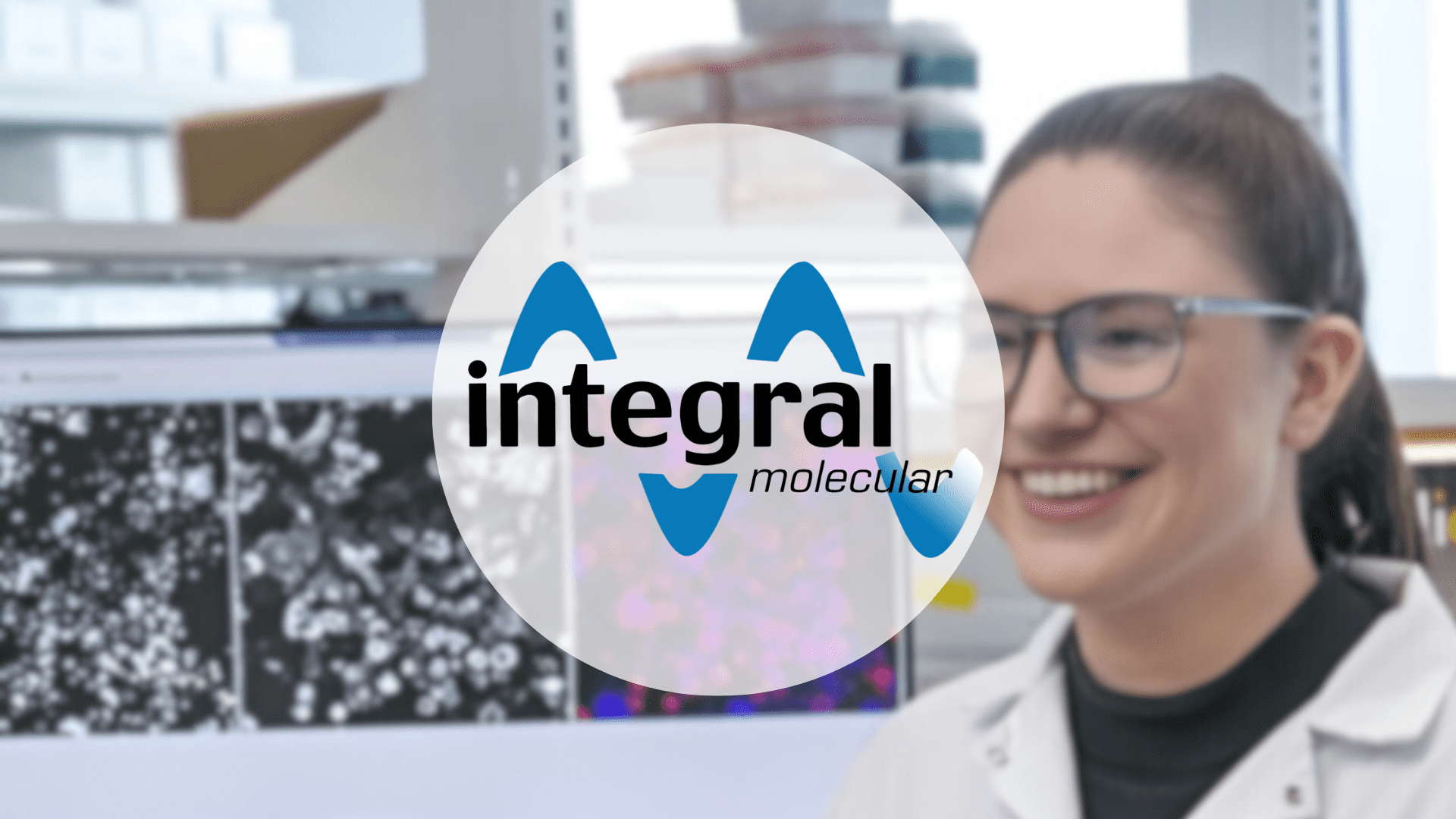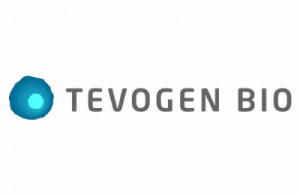
Integral Molecular Hatches New Startup Aimed at Delivering More Reliable Antibodies for the $10B Market
Integral Molecular announced the spin-out of a new sister company, Cell Surface Bio, that is poised to deliver antibodies that always work. The company’s VeRSaMAb research antibodies are validated for assays that include flow cytometry and immunofluorescence, are recombinantly produced, and specific as tested using cross-reactivity assessment against 6,000 cell surface proteins
By Alex Keown | May 10, 2024
| BioBuzz has been connecting the life science workforce since 2009. We’ve built an expansive community in the Mid-Atlantic with a national readership that spans from Massachusettes to Florida, and New York to California. For our next chapter, we’re building a proprietary talent logistics model to help employers source and hire life science talent. Learn more. |
Cell Surface Bio emerged from stealth mode with a mission to provide researchers with predictable and reliable antibodies that always work.
Cell Surface Bio Co-founder Benjamin Doranz, who also co-founded and serves as president and CEO of Integral Molecular, noted scientists often face challenges with antibodies because they don’t always work in the way intended or desired.
On the company website, Cell Surface Bio notes that many researchers have “experienced the frustration of purchasing an antibody that ultimately does not work.” Even if there was a reimbursement for the antibodies, there is no payment for the loss of time.
“Every researcher I’ve met, myself included, knows the frustration of time wasted in the lab running experiments with antibodies that simply do not work,” Doranz said. “Our goal is to provide researchers with only the highest quality monoclonal antibodies that are fully validated and engineered for the highest sensitivity of detection so that they always work in our customers’ experiments.”
Based in Philadelphia, Cell Surface Bio is a sister company to Integral Molecular, one of the founding fathers of Philadelphia’s life sciences ecosystem. A mix of a biotech company and a contract research organization (CRO), Integral Molecular has become an industry leader in discovering antibodies against complex targets, including membrane proteins, conserved proteins, and other difficult targets. A key to Integral’s success has been the company’s use of chickens as a source of antibodies that enable the unlocking of drug targets that have been inaccessible using conventional animal hosts, such as mice and rabbits. The success of this program is the basis for the launch of Cell Surface Bio.
The newly hatched company intends to leverage Integral Molecular’s more than two decades of experience developing and characterizing therapeutic antibodies that target complex and conserved proteins on the cell surface.
Reliable Antibodies
Cell Surface Bio debuts with a catalog of validated, recombinant, specific antibodies against difficult protein targets that aim to address the limitations of current antibodies. A 2008 study found that less than 50% of 6,000 commonly used commercially available antibodies only recognized their specific targets. Additionally, a 2015 article in Nature noted that reagents used outside of clinical trials are not always validated to the same degree as those used in in-human studies. Signers of the article called for defining antibodies by their sequences and to be made recombinantly. This would allow researchers to “use the same binding reagents under the same conditions.”
Answering the call is Cell Surface Bio. The company developed VeRSaMAb research antibodies, which are extensively validated, recombinantly cloned and exquisitely specific, the company announced. VeRSaMAbs are designed to ensure consistent and reliable results in customers’ experiments every time. This is due to Cell Surface Bio’s processes. The company noted that veRSaMAbs are recombinantly cloned for batch-to-batch consistency, enhanced detection, and reproducible results. Additionally, they are validated for flow cytometry, immunofluorescence, and other applications. Cell Surface Bio’s VeRSaMAbs are specific for only the target of interest as assessed across 6,000 native proteins of the Membrane Proteome Array.
“Our goal is to transform the antibody reagent market, which is plagued by poor-performing and unreliable antibodies now. We expect to have a major impact on the productivity of scientists in the first few years. No scientist should have to waste their time on antibodies that simply don’t work,” Doranz said.
Cell Surface Bio’s VeRSaMAbs are derived from the same next-generation platform used to isolate best-in-class drugs, such as high-throughput mRNA immunization, Lipoparticles and optimized protocols for the isolation of rare antibodies.
Cell Surface Bio’s internal manufacturing processes are based on next-generation technologies that will allow the company to be “extremely efficient in scaling to demand.” Those processes will also support the discovery of new antibodies that will go into the company’s catalog, Doranz said.
Doranz said Cell Surface Bio was created for scientists by scientists. Recognizing the issues facing antibody research, he said the company will provide only the highest quality reagents for life sciences research. Cell Surface Bio believes VeRSaMAb will transform the antibody reagent market, which is valued at more than $10 billion. “There is very high demand for antibodies such as ours with exceptional quality. Our limitation will be supply and getting new antibodies to our customers fast enough,” Doranz said.







